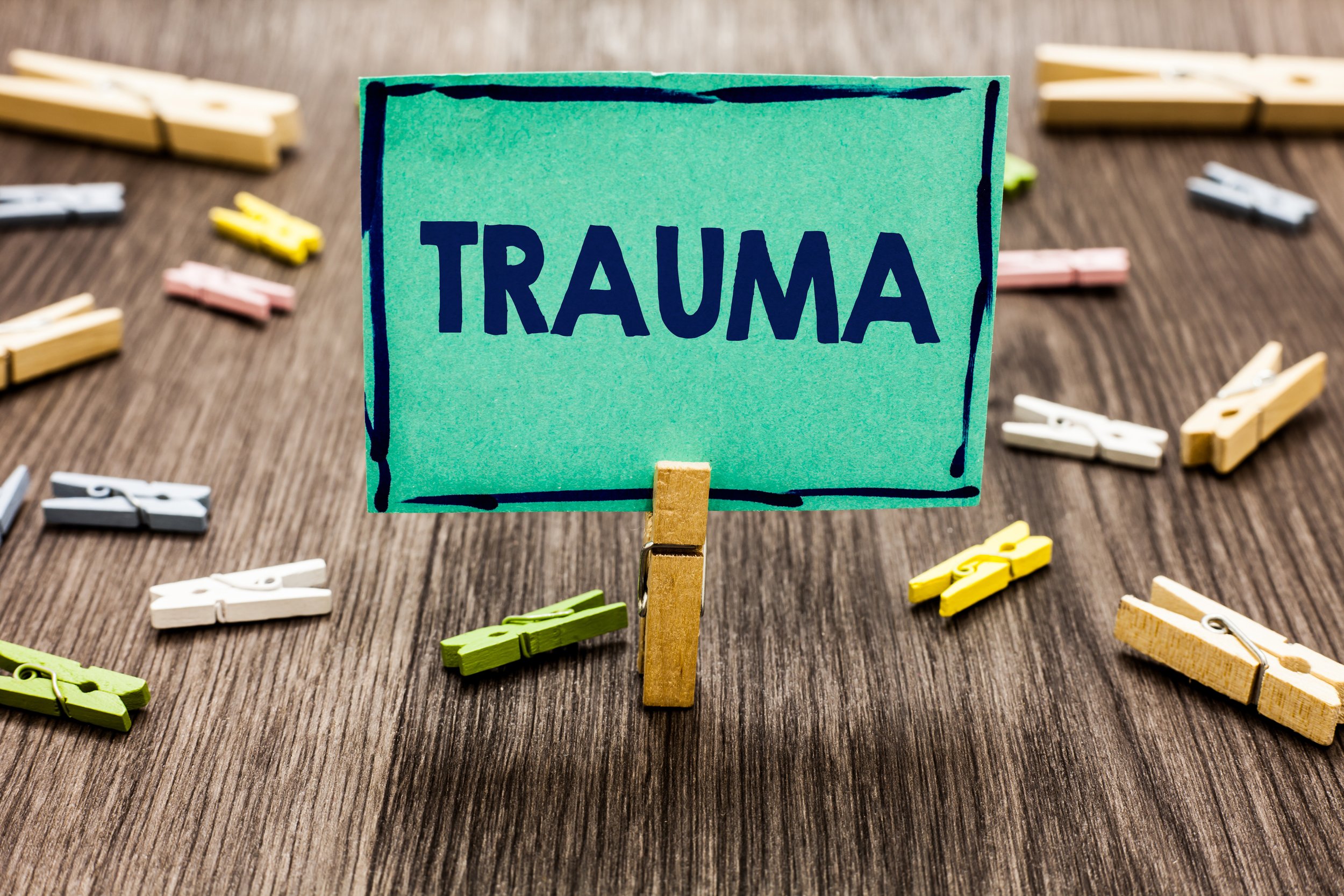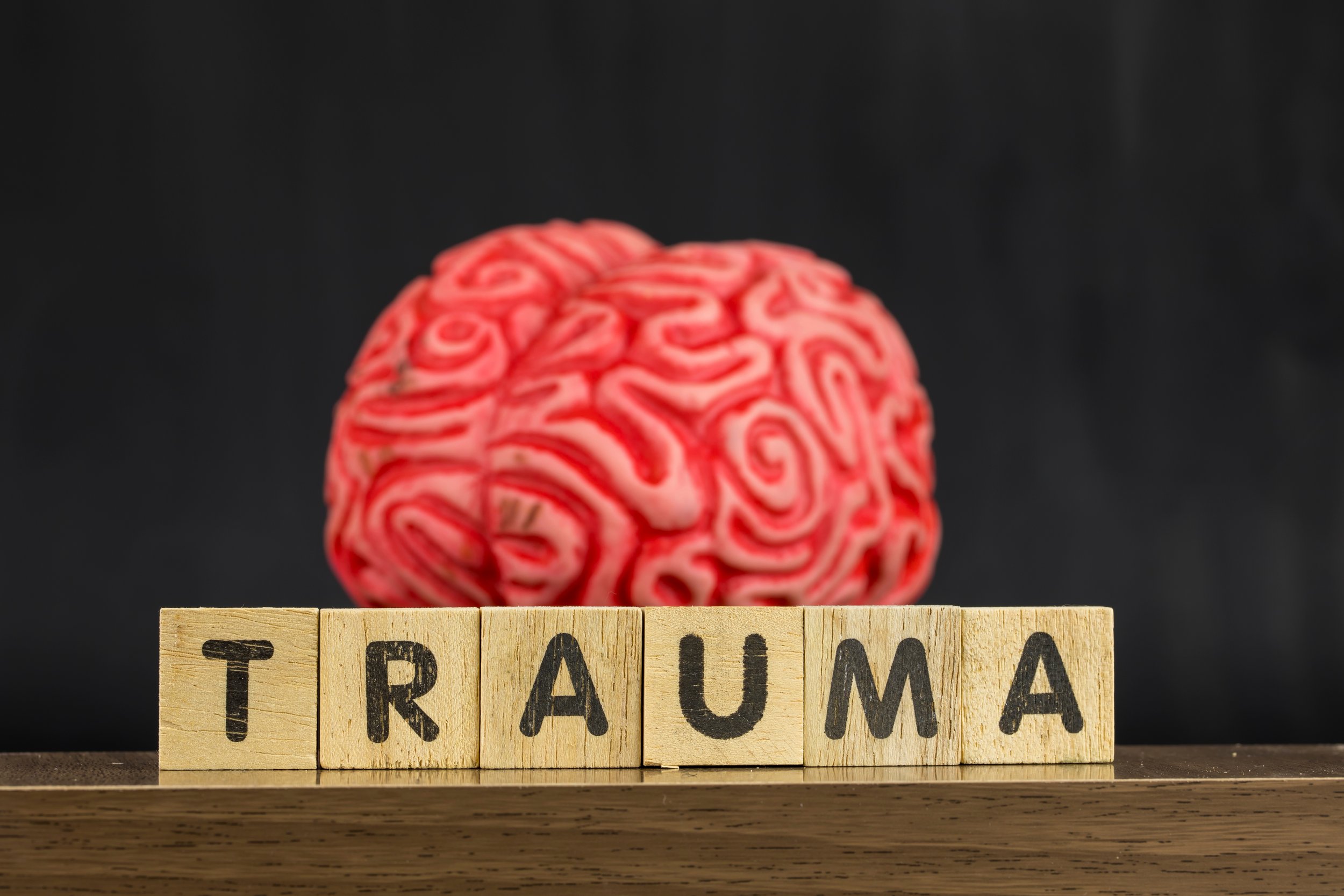What is Trauma?
Do you feel like you’re struggling to make it through each day? Are there unresolved issues from your past that are affecting how your life plays out in the present? If so, this blog post is for you — a comprehensive guide designed to help you understand and heal from trauma. Whether it’s traumatic events like a sexual assault or military deployment, or more subtle experiences such as feelings of inadequacy due to bullying or an unhealthy family dynamic, this guide will give you the resources necessary to discover the strength within yourself and conquer whatever adversity may come your way. With professional advice throughout, we’ll provide tips and strategies that can be used on both an emotional and physical level and discuss ways to move forward with courage toward greater understanding, acceptance, and resilience.
The Long-Term Effects of Unresolved Trauma
Trauma can have devastating effects on an individual’s mental and physical health. It can manifest itself in different ways, such as changes in behavior, thought patterns, emotions, and even physical symptoms like headaches or stomach aches. Trauma can also lead to long-term psychological issues such as depression or anxiety. The effects of trauma may not be immediately obvious, but it is important to recognize the signs and seek help if necessary. People who experience trauma often feel overwhelmed by their thoughts and emotions, unable to cope with everyday tasks due to feelings of numbness or disconnection from the world around them. These individuals may struggle with self-esteem or avoid activities they once enjoyed. Furthermore, trauma can lead to a heightened fear or paranoia about the future, which could further complicate daily functioning. If left untreated, these negative effects could worsen over time, so it is important for those affected by trauma to seek professional help when needed.How to Recognize
The Effects of Trauma on the Brain
As the vivid memories of traumatic events fade, their active remnants linger in the form of emotional and physical consequences that can undermine our daily quality of life. Uncovering these deep-rooted psychological wounds is vital to understanding trauma’s long-term influence on brain function and health. For men and women between the ages of 20 and 65, dive deep into this insightful blog post to explore how past traumas may leave a silent but lasting impact on your mental acuity, emotional stability, immune system functionality, overall well-being — and more!
How to Tell if You’re Dealing with Trauma
Trauma can be difficult to identify, as it often manifests differently for different people. But some common signs and symptoms can help you tell if you or someone else is dealing with trauma. These include feeling overwhelmed by emotions such as fear, sadness, anger, or guilt; having difficulty sleeping or concentrating; feeling disconnected from other people and the world around them; avoiding activities they once enjoyed; struggling to maintain relationships with family and friends; experiencing physical symptoms like headaches or stomachaches without any known medical cause; exhibiting self-destructive behaviors like substance abuse or reckless behavior. These symptoms will spread across your personal and professional life. It becomes difficult to mask your feelings. If you notice these signs in yourself or someone else, it may be time to seek professional help to work through the trauma.
How to Deal with Trauma
When dealing with trauma, it is important to remember that we all handle stress differently and that there is no one-size-fits-all approach to managing our emotions. That said, there are a few tried and tested coping mechanisms that people have found helpful in dealing with traumatic events.
Black Woman JoggingBlack Woman Joggi
It can be helpful to focus on setting short-term and long-term attainable goals. Setting small achievable goals that you can work towards each day will help you stay motivated and create a sense of accomplishment when they are completed.
Prioritize self-care by doing activities that make you feel good, like getting enough sleep, eating healthy meals, or taking time out of your day to relax and unwind. Taking care of yourself is essential in helping manage depression so do what works best for you!
Another way to deal with trauma is by practicing mindfulness. Mindfulness involves paying attention to the present moment and being aware of your thoughts, feelings, body sensations, and the environment without judgment or criticism. By focusing on the present moment rather than dwelling on the past, you can gain clarity and start to move forward.
Exercising or engaging in other physical activities can also benefit those dealing with trauma as it increases endorphin levels, improving mood and overall well-being. Exercise helps reduce stress hormones such as adrenaline and cortisol while helping you feel more relaxed and energized overall. Additionally, exercise can distract from intrusive thoughts while providing an outlet for emotions such as anger or sadness that may be associated with the traumatic event.
Also, maintaining social connections; studies show that having meaningful connections not only helps prevent depression but may also hasten recovery from traumatic experiences. This could involve spending time with friends or family members who understand what you’re going through or joining a support group where you can talk openly with others facing similar issues in a safe environment.
Psychotherapy
Finally, Harvard Health Publishing further notes that seeking professional help is integral to recovery after a traumatic experience. A counselor or therapist can provide a safe and supportive space where you can process your emotions, heal from them, and move forward with hope. Professional counseling can also equip you with the necessary tools to manage stressors and triggers and develop healthier ways of coping with difficult emotions. One of the most popular ways of managing trauma is through talking therapy. Talk therapy, also called behavioral therapy, cognitive therapy, cognitive behavioral therapy, humanistic therapy, or psychodynamic therapy, involves talking about your experience with a counselor or therapist who can help you process your feelings and make sense of them. Talking about what happened can be emotionally challenging but can also help you work through the feelings and find closure.
Regardless of the coping strategies used, it’s important to remember that everyone experiences trauma differently, and healing will look different for each individual. What may be beneficial one day may not be as effective on another; finding what works best for you will take time and patience. With the right kind of care and support, it is possible to move through this difficult period with hope and resilience.
#trauma #braintrauma #copingmechanisms #selfcare #understandingtrauma #talktherapy #behavioraltherapy #cognitivetherapy #cognitivebehavioraltherapy #humanistictherapy #psychodynamictherapy, #copingstrategies #mindfulness #closure
Author: Rosemarie Reid, MSS, MHS, LCSW
For Me Talk Therapy, LLC, counseling services




